Recipe Editor Jocelyn Doyle spent some time at Gubbeen Farm to see what exactly goes into making the famous Gubbeen cheese along with their other farmhouse products.
I sigh in frustration at the elusive calf. He’s escaped from the safety of his pen into the dusk and is dancing excitedly away from my attempts to catch him. He is adorable, but I’m bone-tired and this is the last thing I need on my way to sweet, sweet sleep. I am in West Cork, having moved temporarily to Gubbeen Farm with the express purpose of learning to make cheese. I’m not used to being surrounded by a safety-net of fields, and I can’t shake my deep-seated suburban fear that the calf will end up on the road.
My days here are hard, but satisfying. I am in the dairy by 7.30am. The women working there are incredibly tough, despite several of them being easily 40 years older than I am. The work is intensely physical – because the cheese needs to be weighted to drain away the whey and form its shape, several hours every day are taken up by literal weight-lifting. To say that this is an adjustment for me, a lifelong avoider of everything gym-related, is an understatement.
Gubbeen Farm is a true Ferguson family operation. Tom is the herdsman, minding the happy cows whose milk is used by his wife Giana to make the cheese. Giana also rears rare-breed poultry, including the Bronze turkey who has made me his nemesis and likes to stalk me across the farmyard. Their son Fingal runs the smokehouse, producing some amazing cured meats and doing a nice sideline in beautiful handmade chefs’ knives. Elsewhere on the farm, daughter Clovisse is a biodynamic gardener, supplying several local chefs and giving Fingal the herbs he uses in smoking his meats.
My time here is shaped by small moments. I guzzle a glass of fresh raw milk every morning and hurry from my cosy apartment down to the dairy, casting wary glances at the affronted turkey. I watch, fascinated, as the alchemy of cheesemaking transforms liquid milk to solid curd. I paint black wax evenly onto wheels of smoked cheese. At lunchtime, I make my way to the farmhouse, where Tom makes melting, golden cheese toasties and pots of strong tea. I work in the bracing Atlantic cold at markets in Schull and Skibbereen, selling cheeses and meats to eager, loyal customers. At night, I ease my aching bones in hot baths and go to bed earlier than I have ever done as an adult. My body begins to feel utilised, strong. A diet rich in cheese suits me.
After two weeks of playing cheesemaker, it’s time to go home. I leave reluctantly, my bag squashed full of delicious Gubbeen goodies. I never did catch the fugitive calf, but he was back the next morning anyway. If my real life was on this farm, I wouldn’t run away either.
- gut health
- healthy
- top tips
- fridge cake
- food festival
- me auld flower
- dublin
- dublin festival
- food and drink festival
- festival line-up
- Summer festival
- Events
- Festivals Ireland
- Body & Soul
- music festival
- summer events
- OATLY
- Crudo
- All Together Now
- Events Waterford
- Events Ireland
- news
- events Dublin
- Home-Cooking
- online cooking course
- cooking
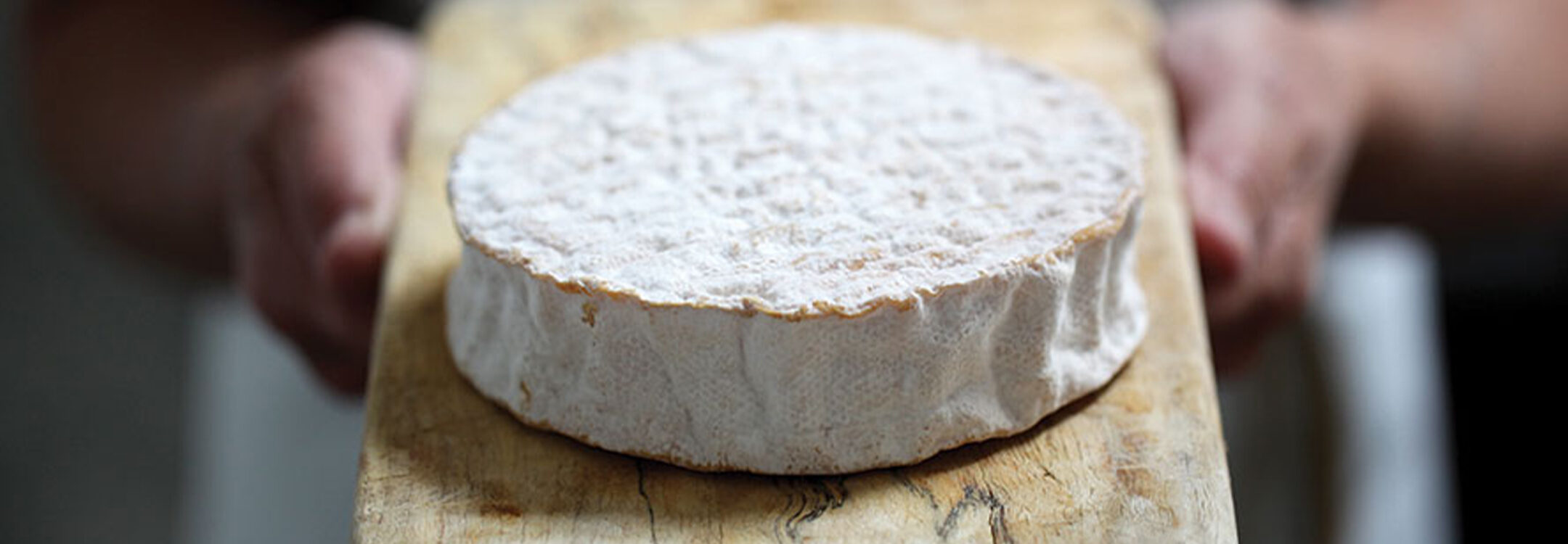
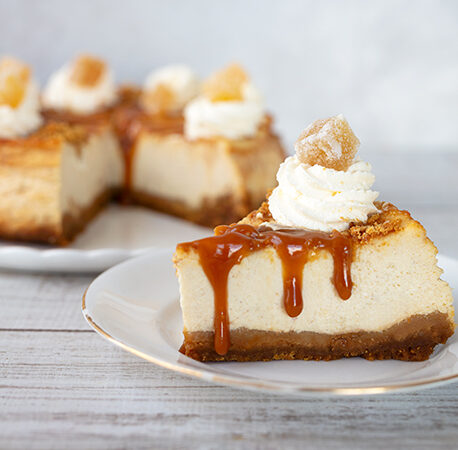
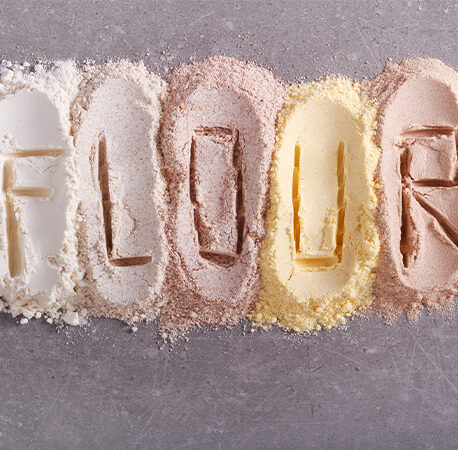
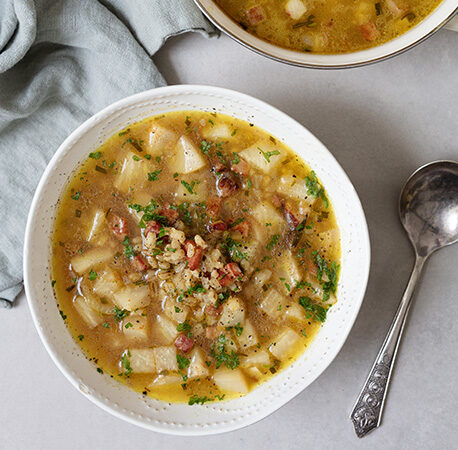
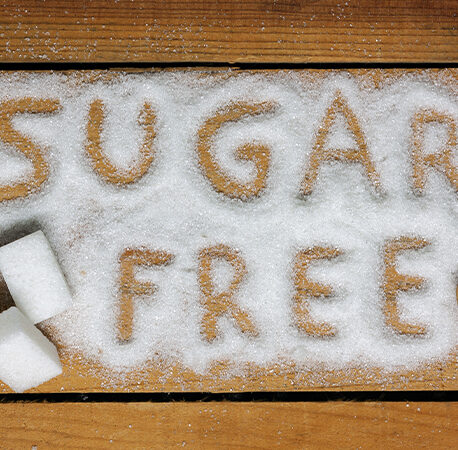
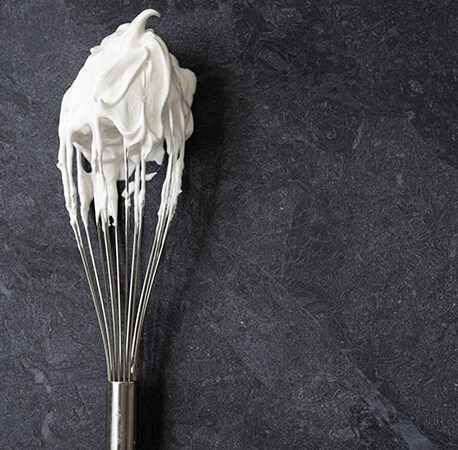
You have to be signed in to comment this post.